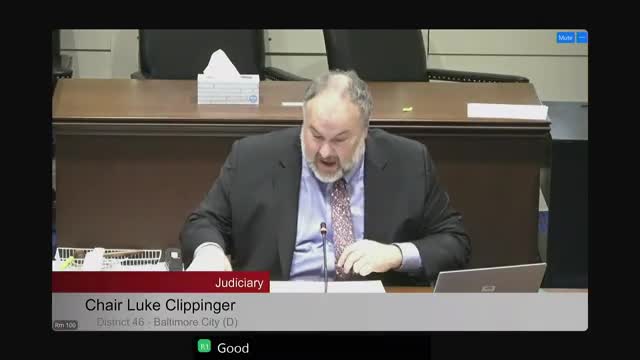Article not found
This article is no longer available. But don't worry—we've gathered other articles that discuss the same topic.
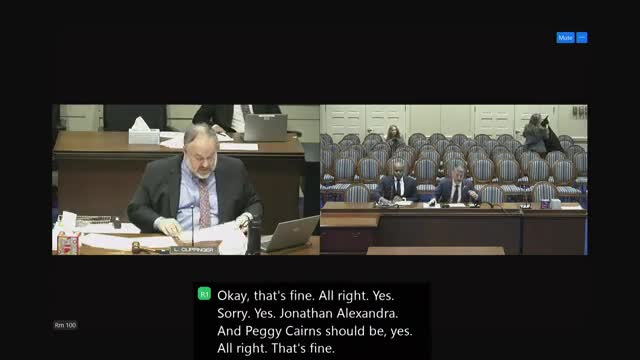
Bill would require age verification and civil liability for online distribution of obscene material, sponsor says
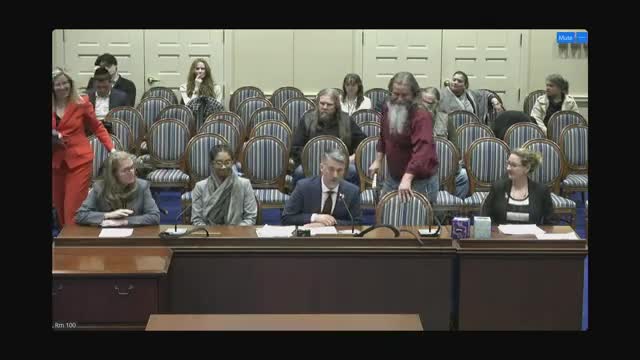
Bill would require court appearance when reckless or negligent driving results in death, sponsors say
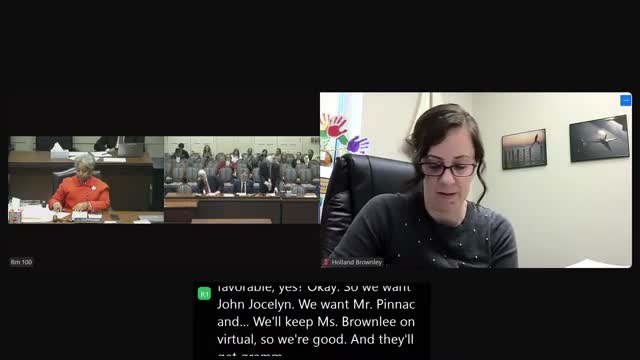
Bill would raise mens rea standard for illegal possession, sponsors say it would curb arrests of nonculpable people
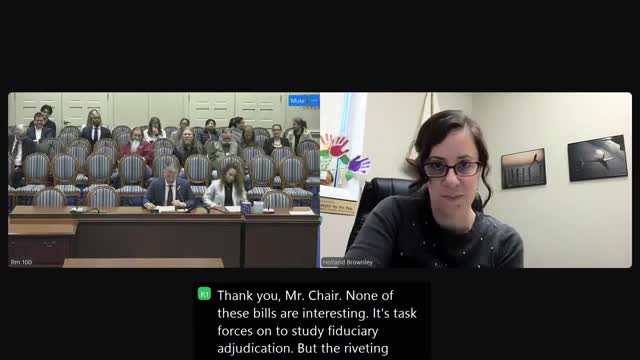
Sponsor says Maryland should protect firearm rights of certified medical cannabis patients
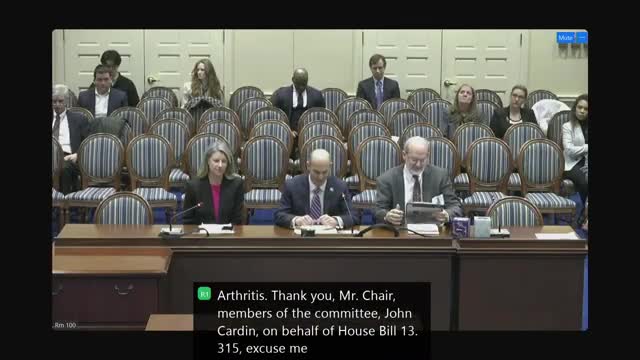
Bill would create task force to study Maryland fiduciary adjudication and court structure
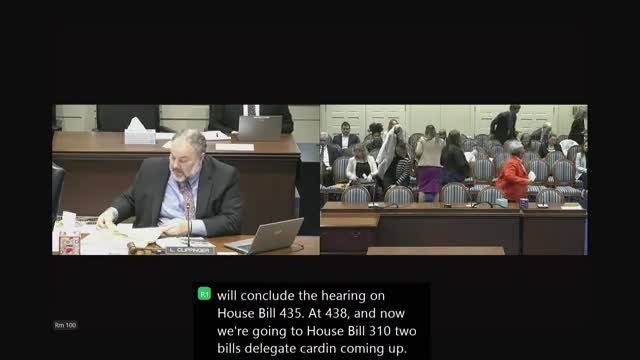
Proposal would codify that fiduciaries retain attorney–client privilege unless waived
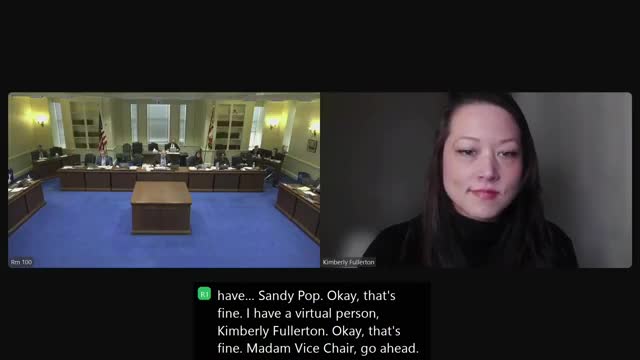
Sponsor seeks to raise Maryland cap on veterinary compensatory damages to $25,000
